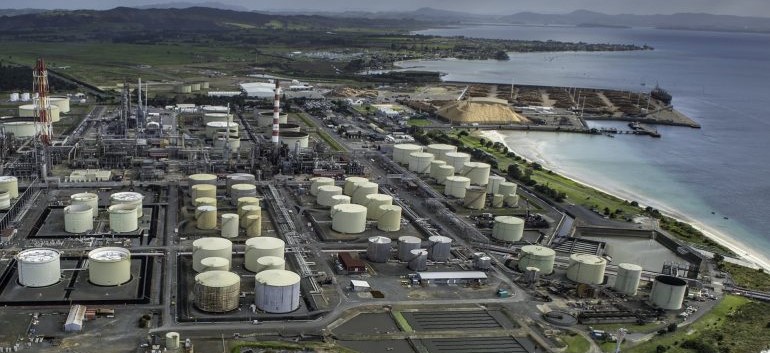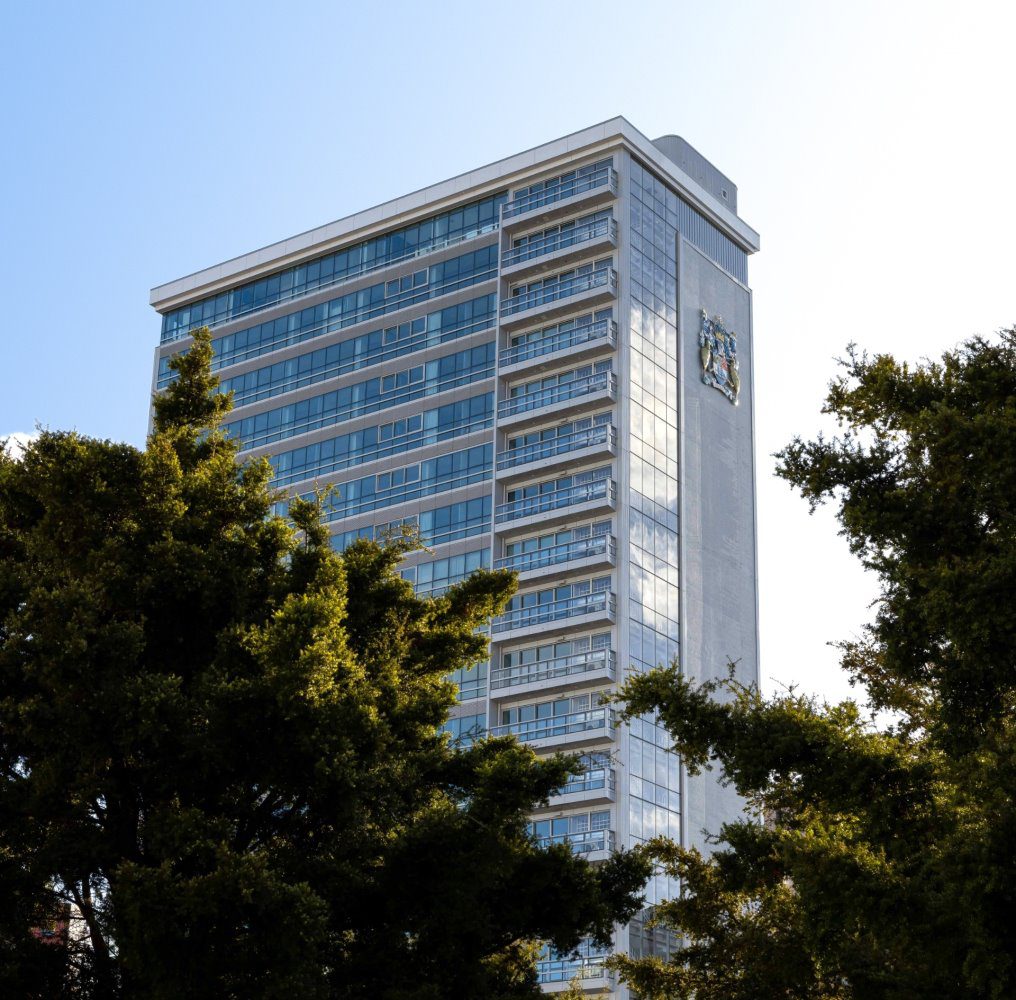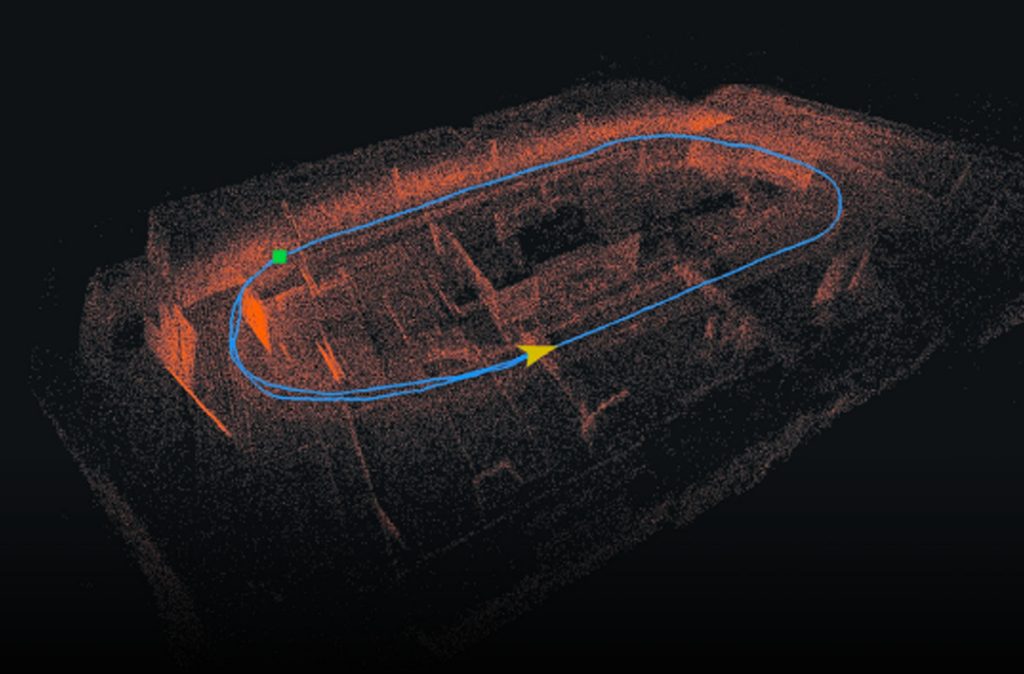We specialise in the safe and effective disposal of Per- and Polyfluoroalkyl Substances (PFAS). Our disposal methods ensure that these harmful chemicals are managed responsibly, protecting both the environment and public health.
Trust InterGroup to handle your PFAS disposal needs with the highest standards of safety and compliance.
With the December 3, 2025, deadline approaching for PFAS firefighting foam regulations—as outlined in the latest EPA Health Issue Newsletter—ensuring compliant disposal is more critical than ever.
Largest licensed exporter in NZ – We hold the license to export the largest volume of soils, sludges, and liquids in New Zealand, ensuring cost-effective solutions for all project sizes.
Comprehensive disposal solutions – Handling PFAS-contaminated soils, sludges, and liquids with care.
Safe handling & repackaging – All IBC packaging must be less than 5 years old, and bulk bags less than 6 months old with no damage.
Fully licensed under the Basel Convention Permit – Ensuring compliance with global environmental regulations.
Regulatory compliance & full documentation support – Helping businesses avoid penalties and meet EPA requirements.



